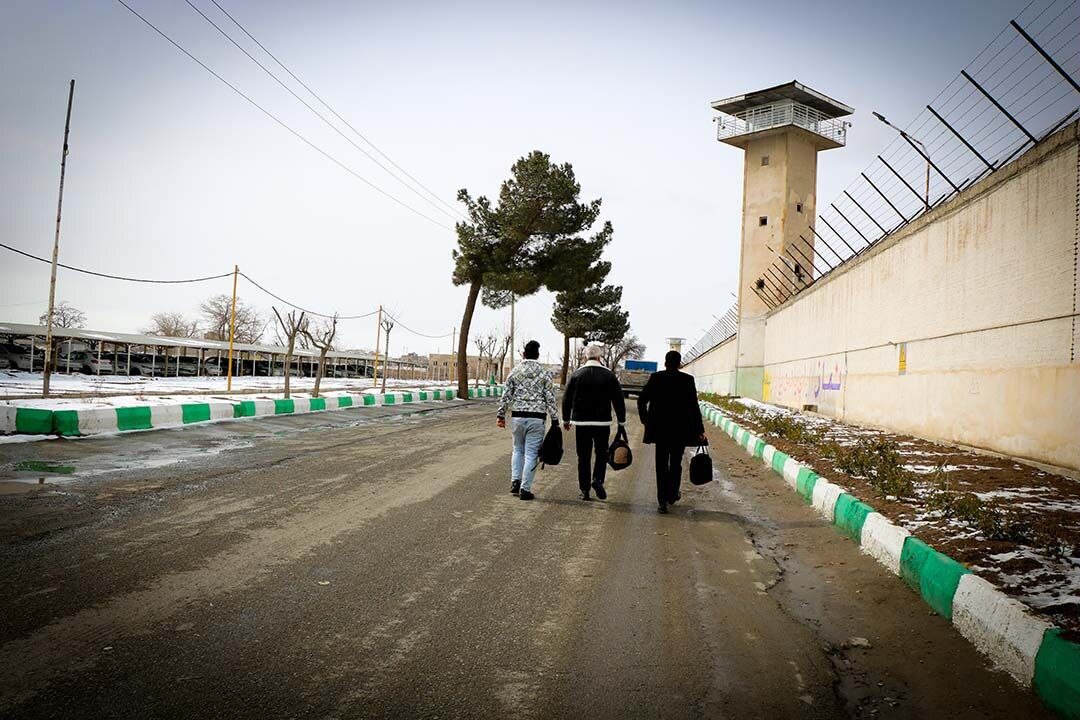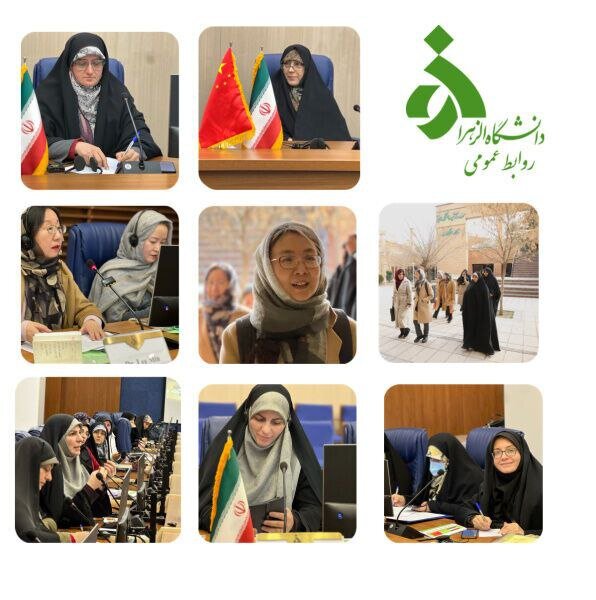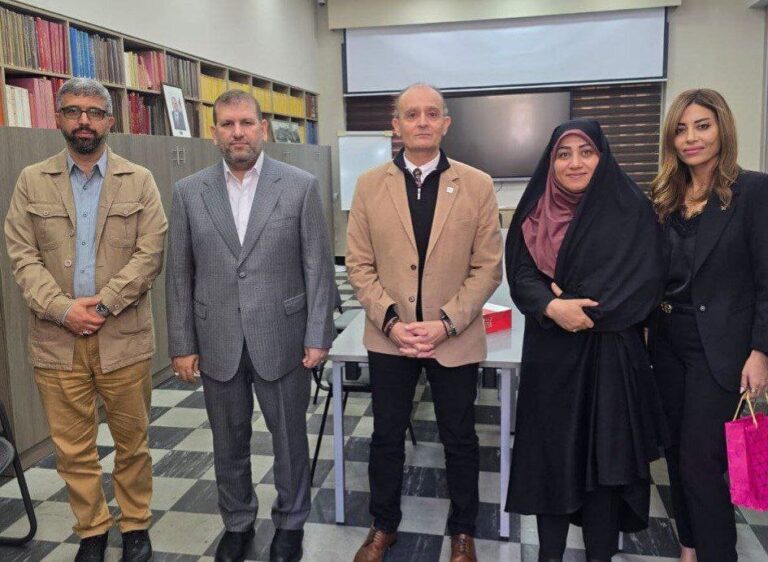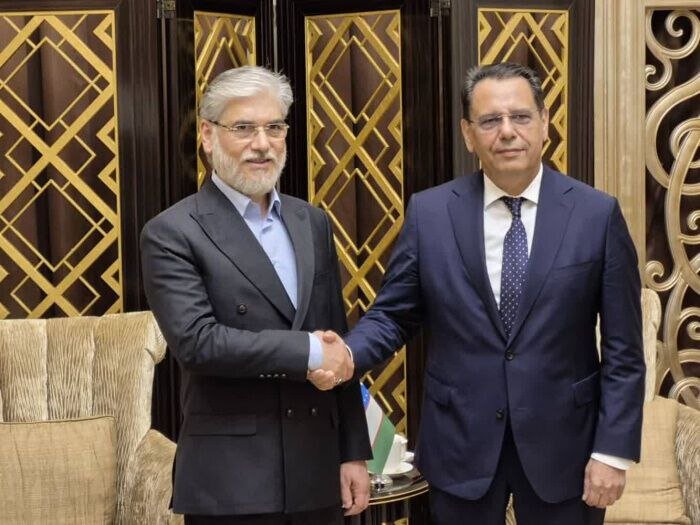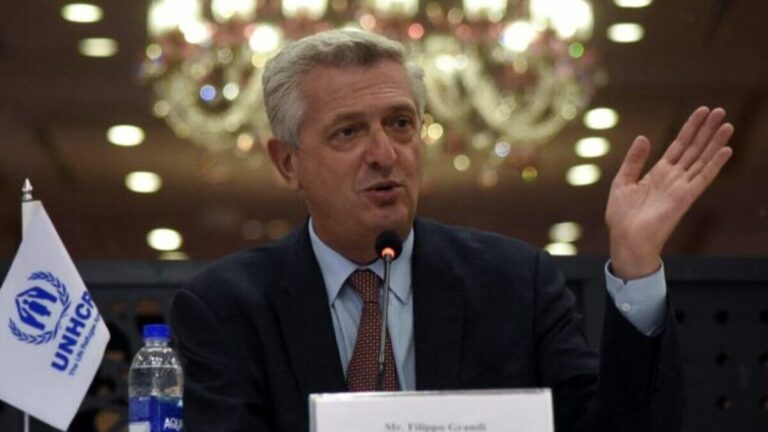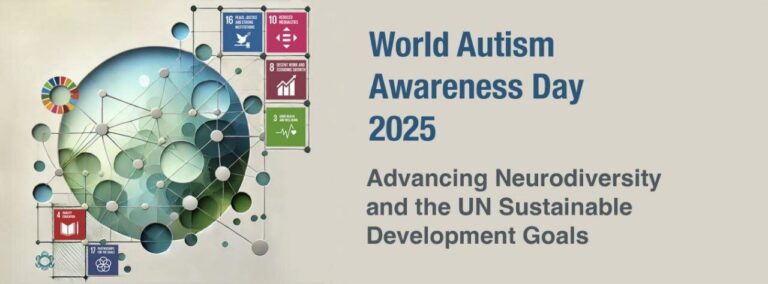Generous Benefactors Champion Justice: 11,400 Involuntary Prisoners Freed!
In a significant humanitarian effort, benefactors in Iran have made a remarkable impact by facilitating the release of prisoners convicted of unintentional crimes throughout the past Iranian calendar year (March 2024–March 2025). This initiative has led to the liberation of over 11,380 individuals, showcasing the collective effort to address the issue of incarceration due to financial incapacity.
According to a report by ISNA, the number of prisoners pardoned during this period also reached 2,441. Notably, this increase in releases signifies a 22% rise compared to the previous Iranian year (March 2023–March 2024), highlighting a growing commitment to justice and rehabilitation.
Among the released individuals, 682 were female and a staggering 10,698 were male, with the majority incarcerated primarily due to their inability to settle financial debts. The total debt owed by these released prisoners exceeded 270 trillion rials (approximately 270 million dollars), underscoring the financial struggles faced by many.
In terms of geographical distribution, Tehran, Fars, and Khorasan Razavi provinces topped the list of regions contributing to the release of these prisoners. The statistics reveal the following:
- Tehran: 1,088 prisoners released
- Fars: 878 prisoners released
- Khorasan Razavi: 829 prisoners released
Currently, there are 14,591 inmates across the nation who have been convicted of unintentional crimes. The provinces with the highest number of such inmates include:
- Tehran: 2,536 inmates
- Fars: 1,331 inmates
- Isfahan: 1,183 inmates
The process of freeing prisoners convicted of unintentional crimes involves three primary methods:
- Granting prisoners leave: This allows inmates to spend time outside of prison under certain conditions.
- Providing loans: Some prisoners are offered loans that can be repaid while still incarcerated, helping them manage their debts.
- Paying their debts: The most significant method involves benefactors paying off the debts of unintentional convicts, leading to their release.
This multifaceted approach to releasing prisoners not only helps individuals regain their freedom but also alleviates the burden on families affected by the financial struggles leading to incarceration. The efforts made by various benefactors reflect a growing awareness of the importance of addressing the root causes of crime related to financial hardship.
In addition to the immediate benefits of releasing unintentional convicts, these actions contribute to broader social goals, including rehabilitation and reintegration into society. By supporting individuals who have made mistakes without malicious intent, the Iranian community is fostering an environment of forgiveness and second chances.
As the nation continues to grapple with issues related to incarceration and debt, the ongoing support for these prisoners is more critical than ever. It highlights the need for systemic changes that address the underlying economic issues leading to such crimes. By focusing on rehabilitation rather than punishment, Iran is taking steps toward a more just and compassionate society.
In conclusion, the release of over 11,380 prisoners of unintentional crimes in Iran over the past year is a testament to the power of community support and compassion. With continued efforts and innovative approaches to addressing the challenges faced by those incarcerated due to financial constraints, there is hope for a brighter future for many individuals and their families.
Through these initiatives, Iran is setting an example of how society can come together to uplift those in need, paving the way for a more equitable and understanding community.
